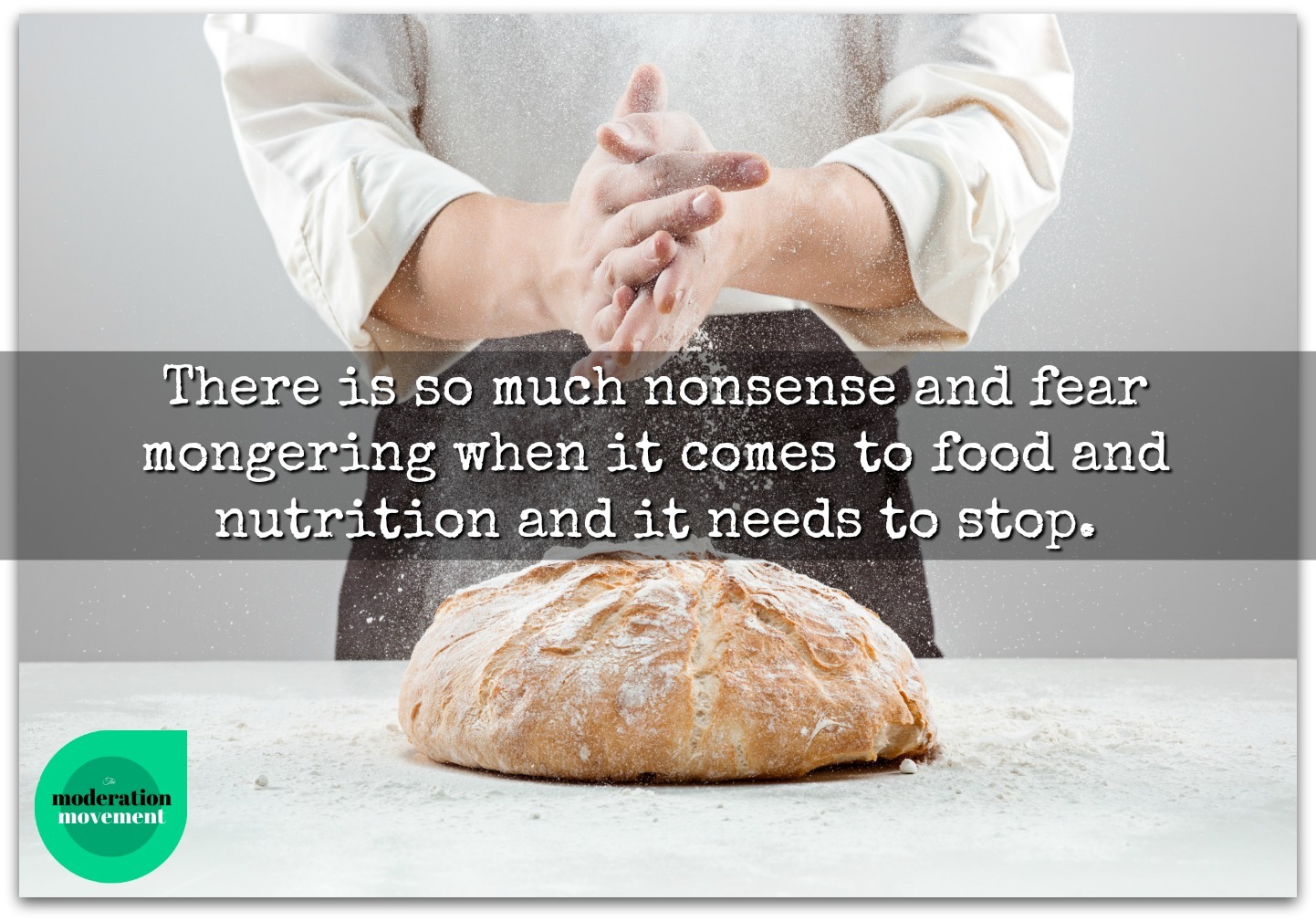There is so much nonsense and fear mongering when it comes to food and nutrition and it needs to stop.

If bread and pasta really were evil, how have France and Italy managed so well with these as staple foods?
If rice was so void of nutrition or an issue weight wise, why hasn’t a high rice consumption affected the billions of people in Asia and India who eat rice as part of their traditional diets?
If sugar really was to blame for increasing BMIs and diabetes, why do Switzerland and Germany, the biggest consumers of chocolate in the world, have some of the lowest rates of people with high BMIs and diabetes?
If cheeses and deli meats were so unhealthy, why don’t countries such as France, Italy, Spain, Switzerland have much higher rates of diet related disease?
The answer is relatively simple, none of these foods are the issue. When populations experience higher rates of illness or body weight, along with a genetic component, there are a myriad of other lifestyle, social and economic factors that are influencing these changes.
If we keep blaming the food, and the individuals for eating the food, the bigger picture of what it means to have a healthy population will never properly be addressed and continue to be swept under the carpet.
In my practice, seeing these foods as the issue has only led my clients down a path of disordered eating where they find themselves obsessing over food and (usually) weight. This obsession ultimately results in feeling miserable about food and themselves and in many cases results in bingeing on the foods that have been restricted.
There’s a good chance you* would benefit tremendously from taking a deep breath and just chilling the heck out when it comes to thinking about food and nutrition.
*Please note: if you experience anxiety or emotional distress around food, chances are, chilling out will not be straightforward and you may benefit from talking with a non-diet psychologist, dietitian or other health professional.
